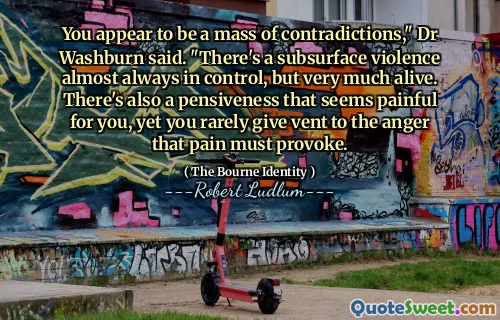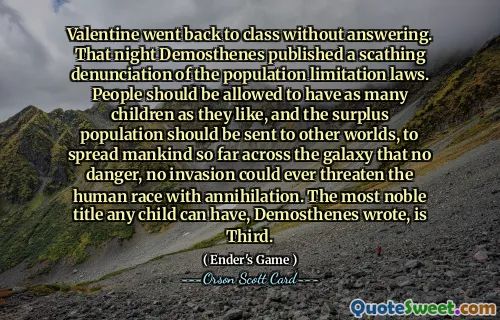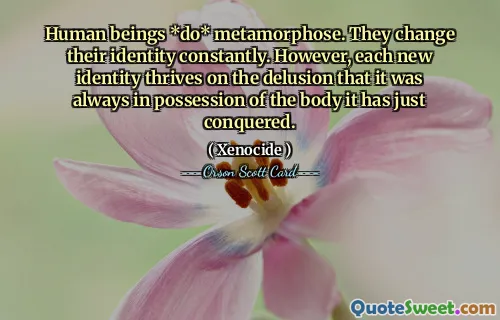And yet does the appetite for new days ever really cease?
In "Toward the End of Time," John Updike explores the human desire for new experiences and the relentless pursuit of fresh beginnings. The story reflects on how individuals navigate life with a yearning for renewal, despite the inevitability of time's passage and the challenges it brings. Updike's narrative suggests that the quest for meaning and novelty is a fundamental part of human existence, driving people to seek out the possibility of new days even in the face of aging and loss. The quote, "And yet does the appetite for new days ever really cease?" encapsulates this central theme, prompting readers to consider whether the hope for a better future ever truly diminishes. It reveals a persistent longing within people to embrace change and renewal, signifying that as life unfolds, the desire for new beginnings remains a vital aspect of the human condition. This reflection on time and aspiration invites deeper contemplation on how we approach our lives, emphasizing the significance of each new day.
In "Toward the End of Time," John Updike explores the human desire for new experiences and the relentless pursuit of fresh beginnings. The story reflects on how individuals navigate life with a yearning for renewal, despite the inevitability of time's passage and the challenges it brings. Updike's narrative suggests that the quest for meaning and novelty is a fundamental part of human existence, driving people to seek out the possibility of new days even in the face of aging and loss.
The quote, "And yet does the appetite for new days ever really cease?" encapsulates this central theme, prompting readers to consider whether the hope for a better future ever truly diminishes. It reveals a persistent longing within people to embrace change and renewal, signifying that as life unfolds, the desire for new beginnings remains a vital aspect of the human condition. This reflection on time and aspiration invites deeper contemplation on how we approach our lives, emphasizing the significance of each new day.





